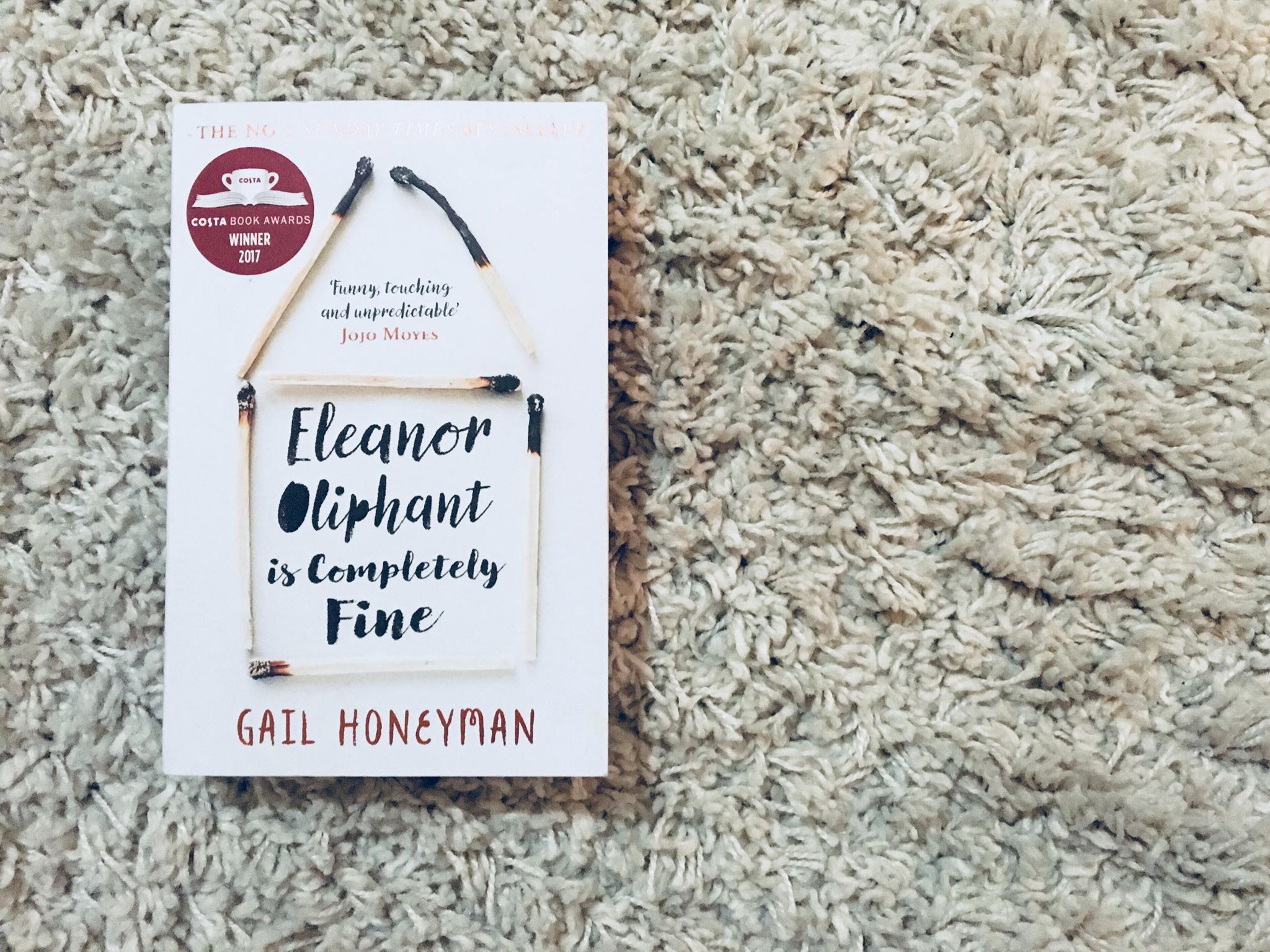
Sometimes, despite piles of scathing reviews, a piece of embarrassing trash-fire becomes novel-of-the-moment.
Sometimes, a could-be culture-defining masterpiece fails to find a readership.
And sometimes a piece of fiction that should have never had made it past its editor?s casual glance not only becomes novel-of-the-moment, but is adorned with undeserved cultural praise, wins esteemed literary awards, and is picked up by Reese Witherspoon?s production company to be escalated to feature film.
Gail Honeyman?s Eleanor Oliphant is Completely Fine is in the, rather specific, latter camp.
It?s displacing to be so at odds with general sentiment. I mean, it?s one thing to deride 50 Shades ? one is backed by every culture writer who?s ever had a positive sexual encounter. But Eleanor Oliphant is adored by critics. She appears to be adored by everyone.
Goodreads, the community-reviewing site that handed Lincoln in the Bardo a scant 3.8 stars, gives Eleanor an exalting 4.3. For a novel, that?s near universal praise. That?s five points above 2017?s Man Booker Prize winner. And that?s absolute f*cking rubbish.
Eleanor Oliphant is Completely Fine, by first time novelist Honeyman, is an odd, disjointed, saccharine snore of a read ? and it?s popularity perplexes me in much the way the way its heroine is perplexed by hamburgers.
Oliphant is the most inconsistent heroine to land upon mass readership since Anastasia Steele. Except she?s worse because she?s wasted on complex and fascinating themes: extreme loneliness, childhood trauma, foster care-experience, and alcoholism.
Honeyman doesn?t know what to do with these elements, so instead we sit through all but the woman?s bowel movements in order to experience the character?s day-to-day. When they do crop up they are used for plot advancement, and then discarded. It?s a feat, actually then, how the plot remains so thin.
Like, her alcoholism.
SPOILERS
Oliphant imbibes throughout, blacking out her lonely weekends with two bottles of vodka. The manner in which she drinks is overtly, and one assumes intentionally, disordered. But when she decides to stop she just? stops. Alcohol is all but never mentioned again.
Or her foster care experience.
As someone with more insight than myself has pointed out, Honeyman appears not to understand the system in the least. Instead she ?perpetuates a number of harmful myths about social services, including that workers conceal vital information from foster carers, that young people are not included in decision-making about their lives, and that trauma-experienced social work clients (whether adults or children) receive no meaningful support whatsoever.?
The woman is supposed to be a functioning member of society ? an office worker, who knows enough about the world to complete a daily cryptic crossword, but not enough to know about any ? truly any ? social custom. Put simply, it fails to add up.
Cutesy references to literature ? a sister named Marianne, nighttime Bront reading ? only made me wish I was reading Sense and Sensibility or Jane Eyre. It?s a risk mentioning literature within literature, and Eleanor Oliphant does not pull it off.
The book is problematic too. I cringed at frequent disparaging references to fatness; how one avoids fat people on the bus, how characters were safe from falling thanks to their chunky ankles. In the end we get a small diatribe about how ?Mummy?s? judgmental voice has been infiltrating the character?s thoughts; how she must try to be kinder. But it doesn?t take away what has been said, and the novel delights in being oddly and specifically callous for 95% of its pages.
The Mummy twist too serves nothing. I would say I saw it a mile away, but I didn?t actually bother to peer down the road.
A similar move has been made in the recent film Tully ? a good film ? and even that has been derided. It?s lazy, critics argue, unnecessary. I didn?t mind it in the Jason Reitman flick, but here? Ugh? I don?t actually care enough to be upset.
I?m not mad about this book. It?s not like I wasted months on it. I read it in 2 or 3 days, a fact that usually denotes enjoyment. But this was an exercise in annoyed perseverance. I wanted to be done with the tepid thing.
No, it?s more a matter of confusion. What the hell am I missing here? Because Eleanor Oliphant is not fine. She?s not fine at all.


